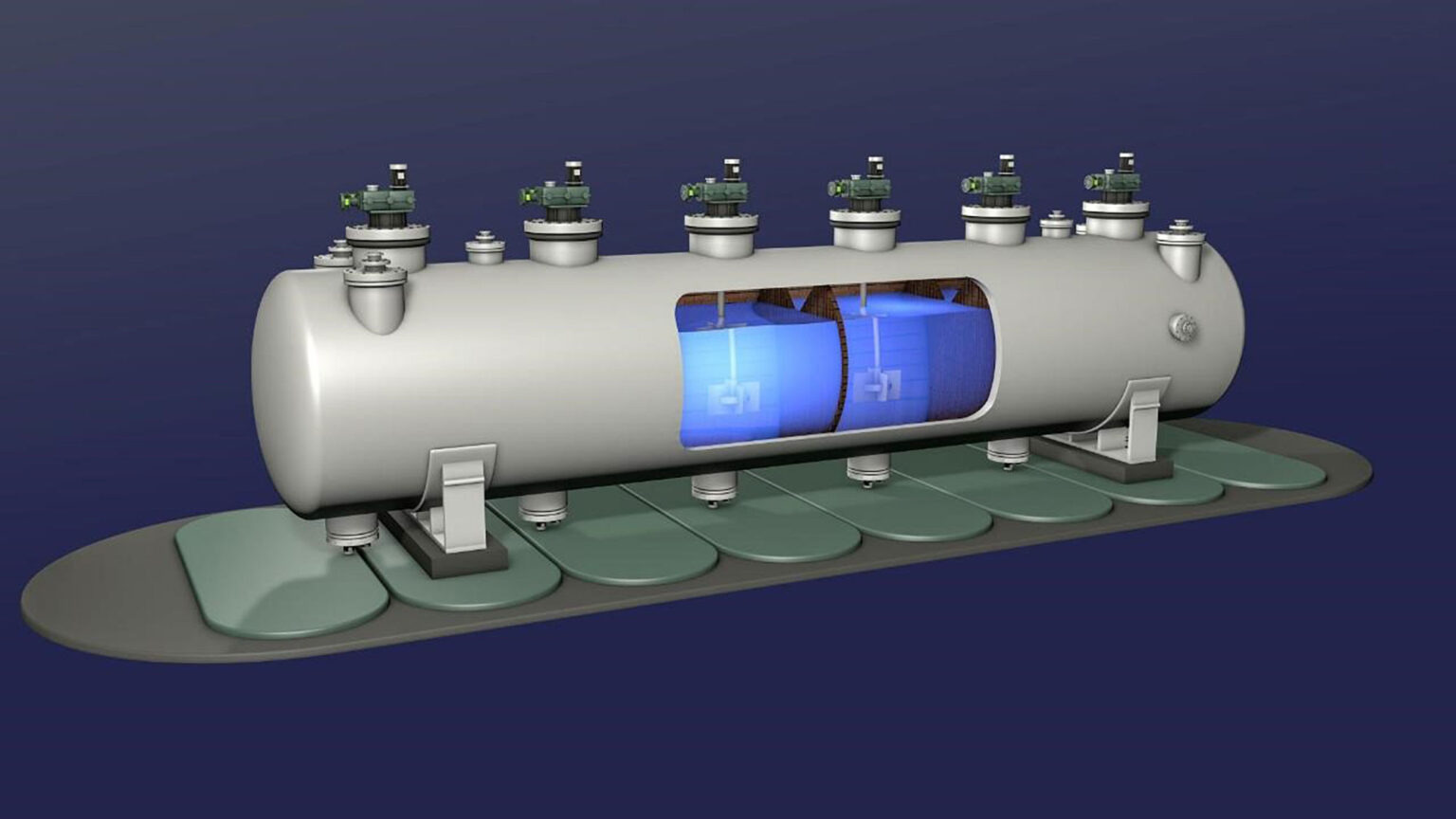Lifezone Metals - Pioneering the Future of Clean Battery Metals

Discover how Lifezone Metals uses innovative HydraMet technology and strategic partnerships to deliver cleaner, sustainable battery metals for a greener future.
- Lifezone Metals uses Hydromet technology to produce cleaner, sustainable battery metals by eliminating carbon-intensive smelting.
- Their flagship Kabanga Nickel Project in Tanzania is a world-class source of nickel, copper, and cobalt with a focus on full in-country value creation.
- Collaborations with BHP, the U.S. Development Finance Corporation, and Jogmec ensure global support and secure critical supply chains.
- A joint venture with Glencore focuses on recovering platinum, palladium, and rhodium from automotive catalysts using clean technology.
- Significant developments are expected by 2025, with advancements in the Kabanga project and North American recycling efforts.
Lifezone Metals, listed on the New York Stock Exchange under the ticker LZM, is redefining the battery metals supply chain with innovative and environmentally conscious solutions. Led by CEO Chris Showalter, the company is committed to extracting, processing, and recycling critical metals in a manner that prioritizes sustainability and efficiency. With groundbreaking technology and strategic partnerships, Lifezone is positioning itself as a leader in the global transition to clean energy.
Building a Cleaner Supply Chain
At the core of Lifezone’s operations is the proprietary Hydromet technology, a cleaner alternative to traditional smelting methods. By leveraging this technology, the company aims to meet the rising global demand for battery metals while minimizing environmental impact. This innovative approach is central to Lifezone’s mission of producing cleaner critical metals for industries like electric vehicles (EVs) and renewable energy systems.
Chris Showalter emphasizes the company’s commitment:
“What do we know that we can deliver? We can deliver cleaner processed critical metals in both our Kabanga project and the AutoCat [Automotive Catalytic Converters] project here in North America.”

The Hydromet technology revolutionizes the refining process by eliminating the carbon-intensive smelting phase. Instead, it utilizes liquid solvents to leach metallic concentrates, replacing fire and smoke with water and clean air. This innovative approach significantly reduces electricity consumption, eliminates sulfur dioxide (SO₂) emissions, and lowers CO₂ equivalent emissions. By adopting Hydromet technology, Lifezone's Kabanga Nickel Project is set to achieve a minimal environmental footprint compared to industry baselines, reinforcing Lifezone’s commitment to sustainable metal production.
The Kabanga Nickel Project: Unlocking High-Grade Resources
The flagship Kabanga Nickel Project in Tanzania is one of the world’s largest and highest-grade undeveloped nickel sulfide deposits. With its vast potential, Kabanga represents a cornerstone of Lifezone’s strategy to supply the global market with critical battery metals such as nickel, copper, and cobalt.
Recent updates to the project revealed a “21% increase in the contained nickel in the measured and indicated categories,” according to Showalter. He also highlighted the high-grade nature of the deposit, adding, “This is another example of just how phenomenal the ore body is—it’s a gift that keeps giving.”
In addition to resource development, Lifezone is working to create full in-country value for Tanzania, helping the nation become “the next premier source of class 1 nickel.”
Strategic Global Partnerships
Lifezone’s success is amplified by its strategic collaborations with major global players and governments:
- BHP: A critical partner in the Kabanga project.
- U.S. Development Finance Corporation (DFC): Providing project financing aligned with U.S. policy to secure critical minerals.
- Tanzanian Government: As an equity partner, it fosters mutual benefits and supports project advancement.
- Jogmec (Japan): Facilitating Japanese investment and securing off-take agreements for Kabanga’s resources.
These partnerships position Lifezone as a key player in global critical mineral supply chains. For example, the U.S. has recognized Kabanga as a priority project within its mineral security strategy. Showalter noted:
“This is one of the ways [the U.S.] has demonstrated its commitment to supporting the critical supply chain of these battery metals.”
Recycling: Above-Ground Mining for a Sustainable Future
Lifezone is also advancing its recycling efforts through a North American joint venture with Glencore. The initiative focuses on recovering platinum, palladium, and rhodium from spent automotive catalytic converters. This innovative approach aligns with the growing emphasis on domestic recycling to meet critical mineral demand.
Instead of traditional mining, Lifezone is turning to what is often called “above-ground mining.” Showalter explained:
“We’ve identified a competitive niche... focusing on above-ground mining in North America, where we can domestically process, refine, and deliver platinum, palladium, and rhodium.”
This approach reflects the broader industry trend of prioritizing recycling. As Showalter noted, “Recycling is going to play an increasingly large role” in addressing supply chain challenges, particularly in markets like the United States.
A Bright Outlook for 2025 & Beyond
Lifezone is set for significant advancements across its projects in the coming years. By 2025, the company plans to accelerate development activities at Kabanga, including relocation and pre-development work. Concurrently, the automotive catalytic converter project in North America will gain momentum, showcasing Lifezone’s expertise in clean metal recycling and refining.
In this evolving landscape, Lifezone is well-prepared to offer alternatives to complex supply chains reliant on nations like Indonesia or Russia. As global markets navigate shifting policies and restrictions on critical minerals, Lifezone’s ability to deliver cleaner, domestically processed metals will be increasingly valuable.
Leading the Transition to Clean Energy
Lifezone Metals is not just meeting today’s demand for critical metals—it is shaping the future of the industry. By focusing on clean, efficient solutions, the company is ensuring that the production and recycling of battery metals align with global sustainability goals.
Whether through its flagship Kabanga Nickel Project or its innovative recycling initiatives, Lifezone is proving that it’s possible to meet the world’s energy transition needs without compromising environmental integrity. As Showalter aptly summarized:
“These are going to be the first two areas we demonstrate our capability as a company to provide clean processing solutions to the industry and the market.”
Analyst's Notes




Subscribe to Our Channel
Stay Informed













